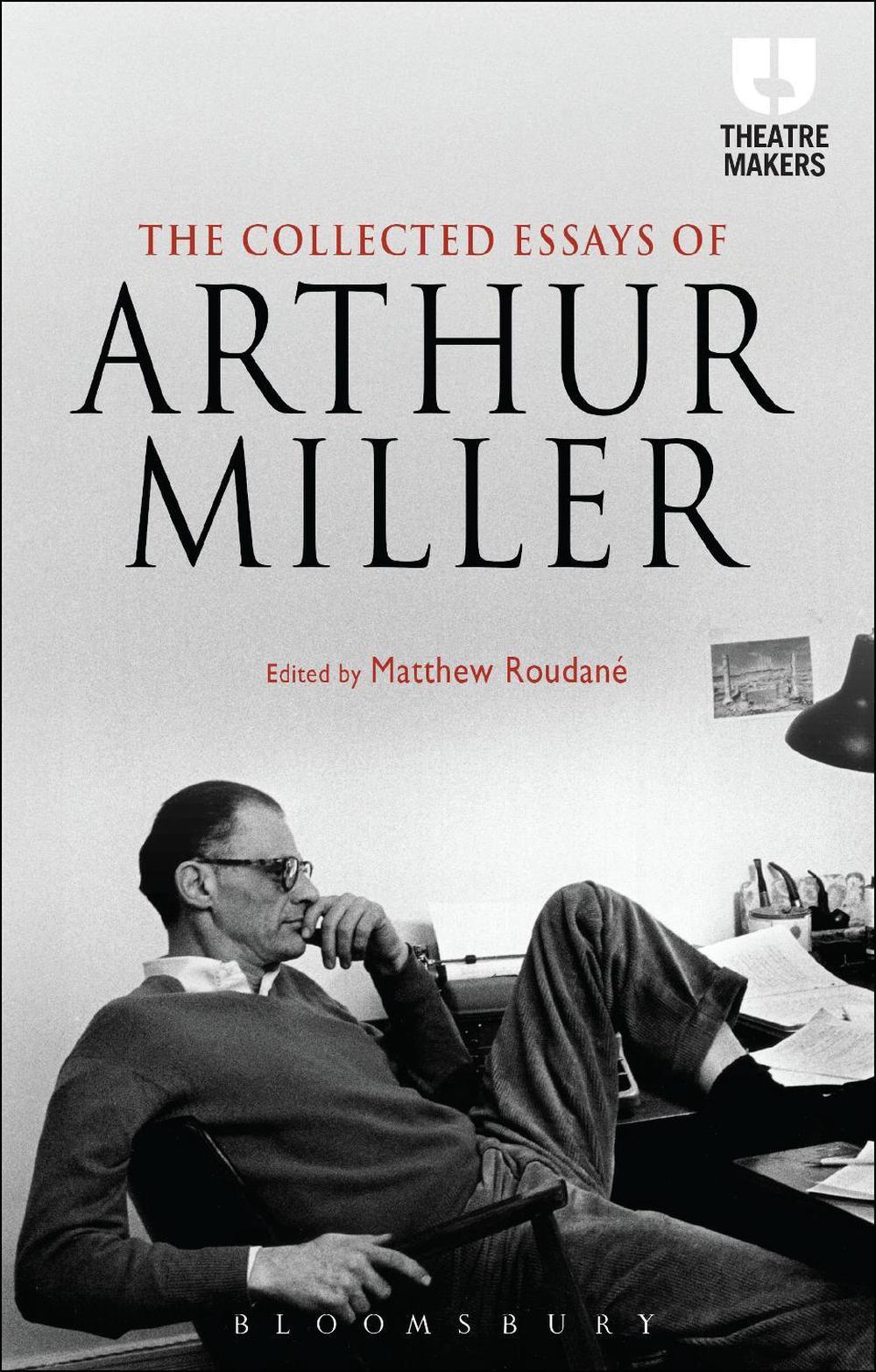
Since then, many of Miller’s plays have been translated into Chinese, performed, widely reviewed, and studied. Chinese audiences were attracted to Miller’s social tragedies as well as his modern dramatic devices. When China reopened its door after Mao’s era, Miller visited China, and his plays were soon introduced into China. Chinese spoken dramas, developed at the same time as social protest plays, bear a similar tradition with Miller’s drama, in the aspects of social criticism and human concerns.

Miller emphasizes the moral force and social critical function through drama in order to reflect the modern human being’s living conditions in a post-industrial and commercial society. This process tends to start when a certain writer is able to ‘tease’ another writer’s heart.” Arthur Miller’s social problem plays are similar to those of Henrik Ibsen’s. …Influence is usually a complex process of enlightenment, promotion or reinforcement, agreement, digestion, transformation, and artistic expression. …all the details of a text were to be understood from the context and from the scopus, the unified sense at which the whole aims.” Yue Daiyun, a well-known comparative literary critic at Beijing University, explains, “Literary influence is a sort of permeation, a sort of organic involvement presented in artistic works”, and “The emergence of the influence is often associated with social changes as well as the internal requirement within literary development. When referring to literary reception and historical relationship, Hans-Georg Gadamer says, “The literal meaning of scripture, however, is not clearly available in every place and at every moment.

Thus, the translations and performances of Miller’s dramas in China during the 1970s provided an enormous inspiration for and influence on Chinese playwrights, who later created many plays in a style that mixed realism and modernism. In fact, these restrictions had been proposed by Jiang Qing, Mao’s wife, and only a few so-called model plays were allowed to be performed during the GCR. Chinese drama had fallen into crisis in both playwriting and performance, for it seemed to grow rigid and stagnant after so many years of restriction.


Miller and his plays came to China when China reopened its door to the world after Mao’s reign, especially with the conclusion of “The Great Cultural Revolution” (“GCR”) and when China was no longer producing powerful social plays. Since 1949, Death of a Salesman has been performed continually on Broadway and in many countries all over the world. In the 1940s and 1950s, he rose to fame with All My Sons, Death of a Salesman, The Crucible and other social problem plays. Arthur Miller is one of the most influential contemporary American playwrights after Eugene O’Neill.


 0 kommentar(er)
0 kommentar(er)
